.jpeg)
Officers from Sri Lanka's Army were seen taking photographs and intimidating Eelam Tamils who were in the process of plastering a new plaque at the memorial dedicated to the Saththurukondan massacre, which states that the military was responsible for the killings. This year marks the 34th commemoration of the massacre of 186 civilians in the areas of Sathurukondan, Panichchaiyadi, Kokkuvil, and Pillaiyaradi.
.jpeg)
Officers from Sri Lanka's Army were seen taking photographs and intimidating Eelam Tamils who were in the process of plastering a new plaque at the memorial dedicated to the Saththurukondan massacre, which states that the military was responsible for the killings. This year marks the 34th commemoration of the massacre of 186 civilians in the areas of Sathurukondan, Panichchaiyadi, Kokkuvil, and Pillaiyaradi.
Earlier today, when Tamils were plastering a new plaque on the old memorial, they were visited by Sri Lanka police and army officers who interrogated the Tamil residents on what the plaque read. The plaque states:
1990.09.09 We Remember the Massacre of 186 Innocent Civilians Brutally Killed by the Srilankan Armed Force, Muslim Armed Gangs And Paramilitary Groups who worked with the Srilankan soldiers
The military then threatened to remove the plaques if the Sri Lankan army name was retained.
Several army officers took photographs and questioned the Tamils in the area. One of the officers who arrived at the scene told the Tamils that the plaque stated that the army was responsible for the massacre, which according to him was an illegal act, and that no murder had ever taken place there. He had proceeded to argue with the Tamils and the rest of the organizing committee who had made preparations for the plaque. When residents tried to explain, the police officers had retorted by stating that they would inform their superiors about this and take appropriate action.
.jpeg)
.jpeg) The massacre
The massacre
On September 9, 1990, the men, women, and children from Saththurukondan and surrounding villages, on the outskirts of Batticaloa, were taken to an army camp by Sri Lankan soldiers, where they were massacred.
The mass killings, which were carried out during the presidency of the UNP's Ranasinghe Premadasa, were investigated in a probe established by then-president Chandrika Kumaratunga in 1997. The probe identified three captains in the Sri Lankan army as being responsible for the killings. The retired judge who led the inquiry, K Palakidnar said that there was strong evidence for the massacre and urged Kumaratunga to hold the perpetrators to account, however, no action was taken by the government.
Amongst those who were killed in the Sathurukondan atrocities, were five children less than a year old, 42 children under 10, 9 pregnant women, and 28 adults over 68 years of age. 38 were from Saththurukondan, 37 from Panichchaiyady, 62 from Pillaiyaradi, and 47 from Kokuvil. Only one man survived the massacre and lived to tell his account to the ICRC and human rights groups.
Speaking to TamilNet in 1997, Mr K Krishnakumar, recounted what happened that day:
"The villages were cordoned off by the Army around 10 a.m. It was almost 7 p.m. by the time the villagers - including infants, women, pregnant mothers and the old - were herded to the Sathurukkondan camp and locked inside. Four masked men walked into the hall and selected me, T. Kumar, C. Sinnaththamby, and K. Jeevaratnam. Our shirts were removed and our hands behind our back with them. Then we were taken to the camp's back yard. We were dragged about fifty meters further, where we saw a pit about 20 ft by 5ft. There was a Cashew tree by the pit and well which was about 10 meters from it.
"In the dim light I saw 25 soldiers armed with long swords and cudgels standing round the pit and the well.
"I was hit with a cudgel and I fell face downward. When the other three screamed the soldiers stripped them and stuffed cloth into their mouths. One by one they were taken to the edge of the pit and hacked with swords and were pushed in.
"A soldier came up to me and slammed me against the Cashew tree, pulled out a long kris knife, and stabbed me through the chest. He then pushed me into the pit. He stabbed me again on my back. Though I was bleeding, I didn't lose consciousness.
"Four more men were brought there, hacked to death and were pushed in to the pit. The soldiers went again and brought two pregnant women. They were stripped naked and their breasts were sliced off. The soldiers then cut open the stomachs of these women with their swords and pushed them into the pit.
"Later they brought many girls stark naked. Sand was stuffed in the girls' mouths and all were raped repeatedly. Then the soldiers cut off their breasts with the swords. Three of these girls were pushed into the well. "As the area was dark, I was able to slowly crawl out while they were busy raping, killing and pushing bodies into the pit. When the soldiers left, I crawled towards the camp fence and hid in shrub jungle behind the camp. Later the soldiers brought tires and set fire to the bodies in the pit. The fires burned till 3 about a.m. in the morning. Once the pyre died out, the pit was filled with sand. With the help of a passer-by I went to the hospital.
Sri Lanka has continuously repressed Tamil memorialisation activities in the North-East either by enforcing legal restrictions or by harassment and intimidation by the state's security forces.
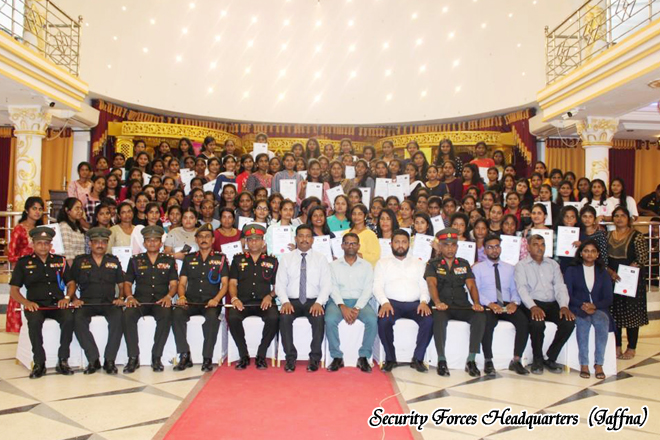

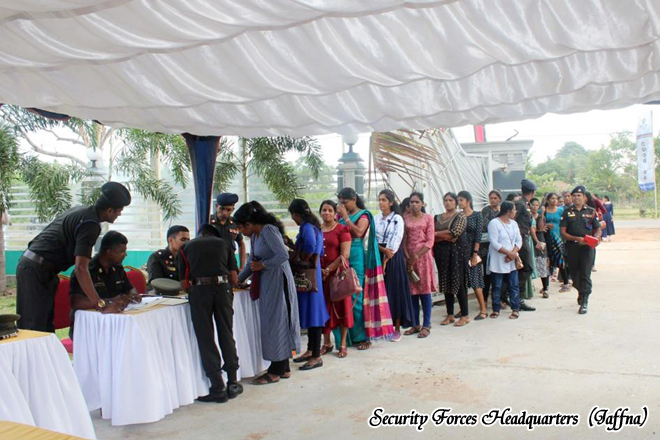
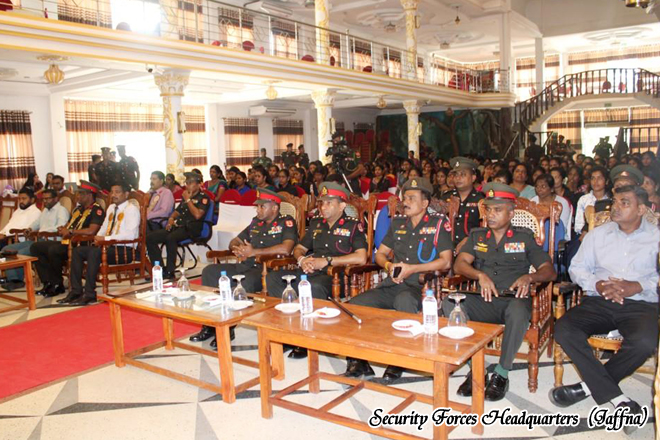
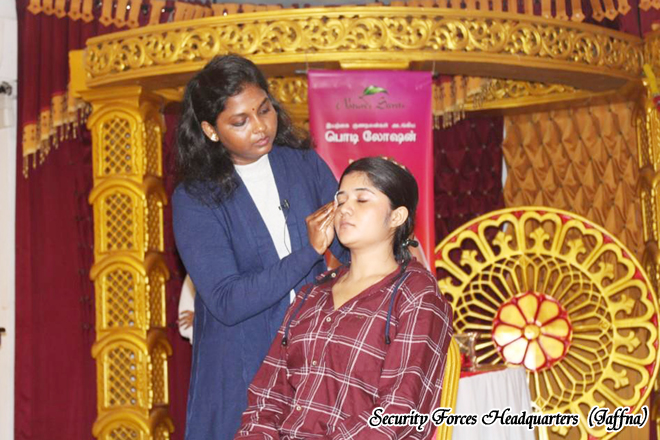



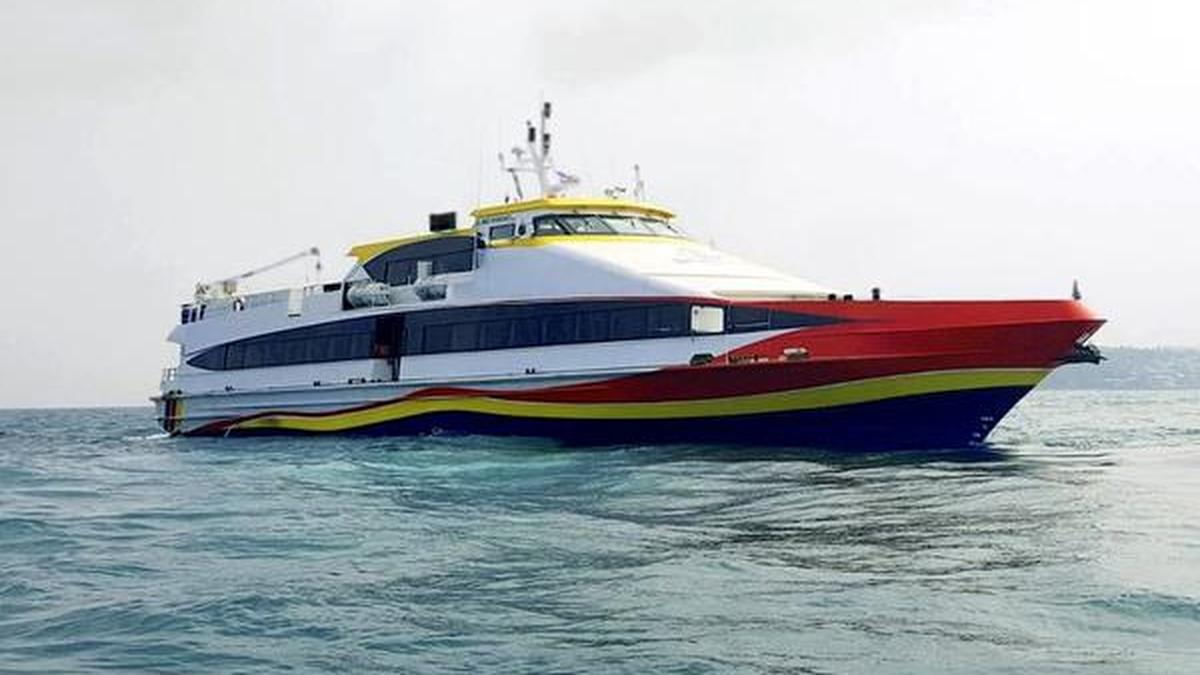

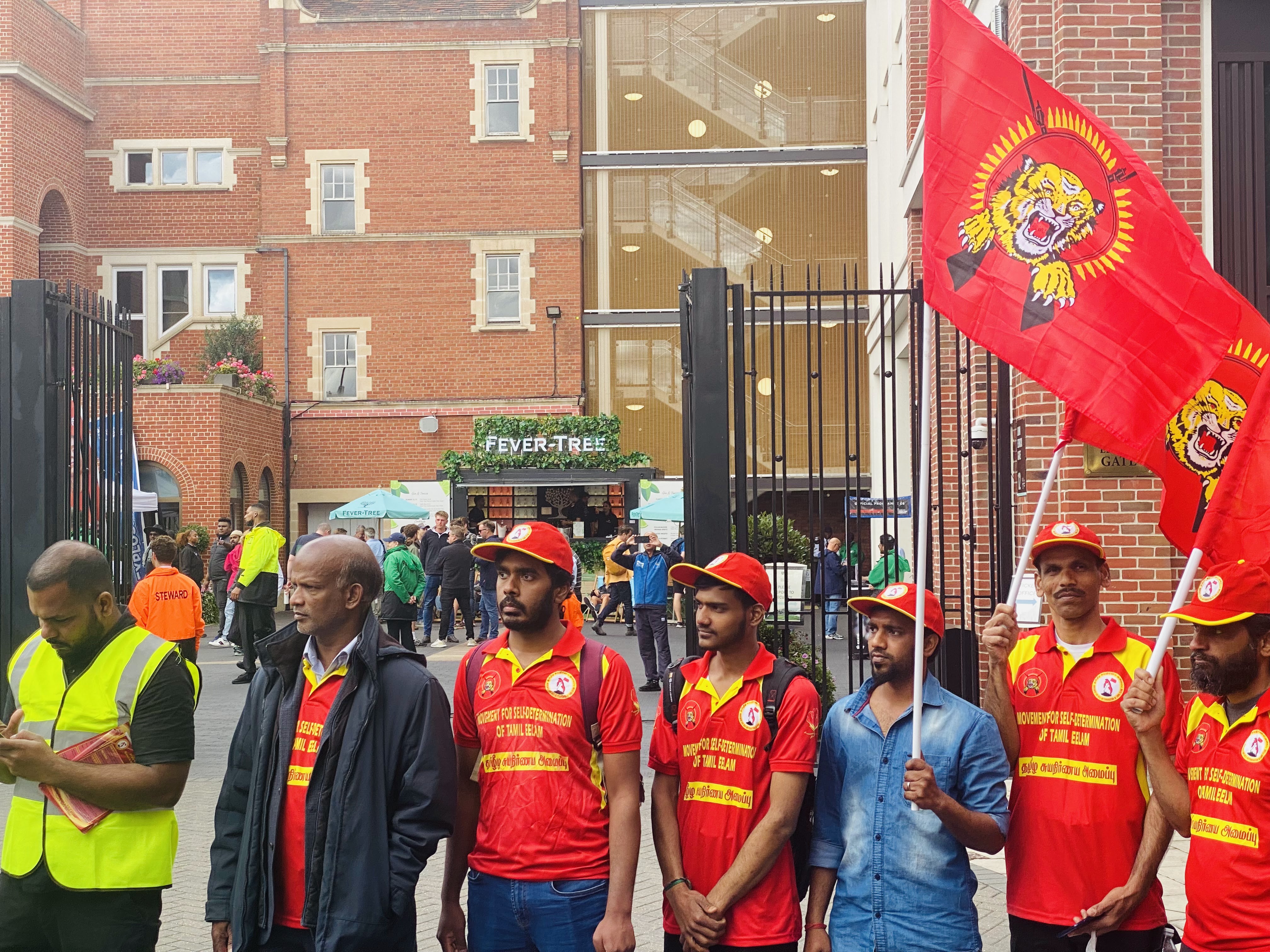

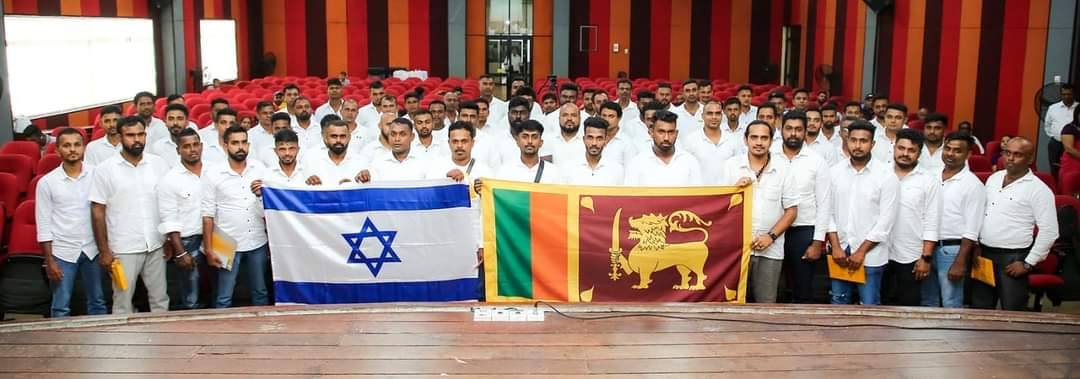
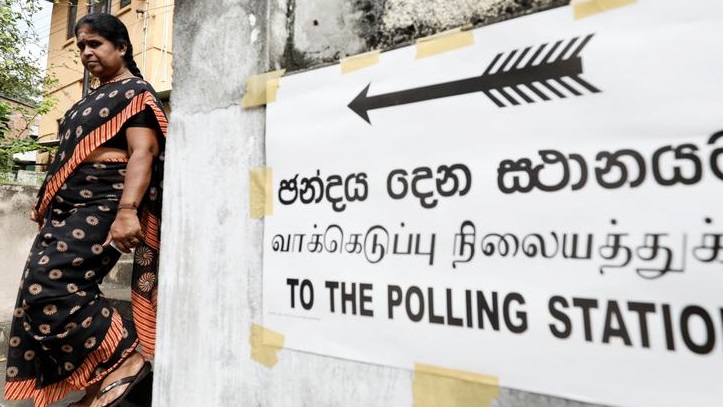


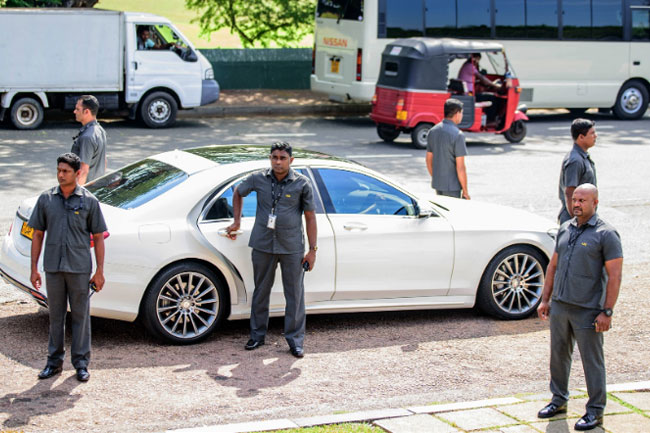
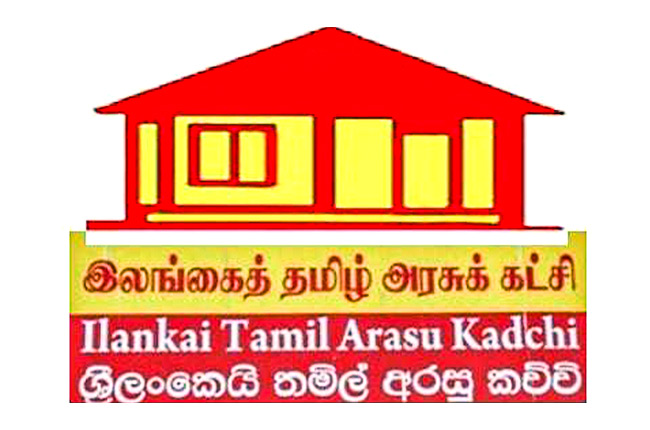

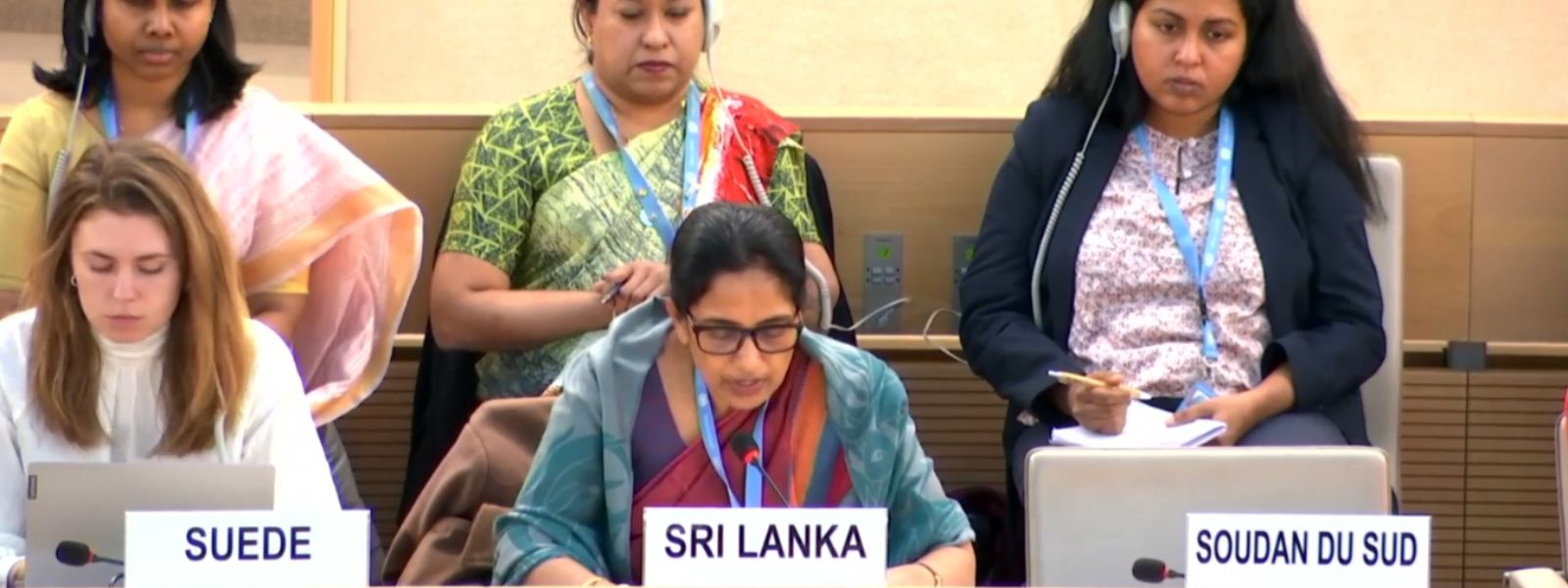

.jpg)
.jpg)
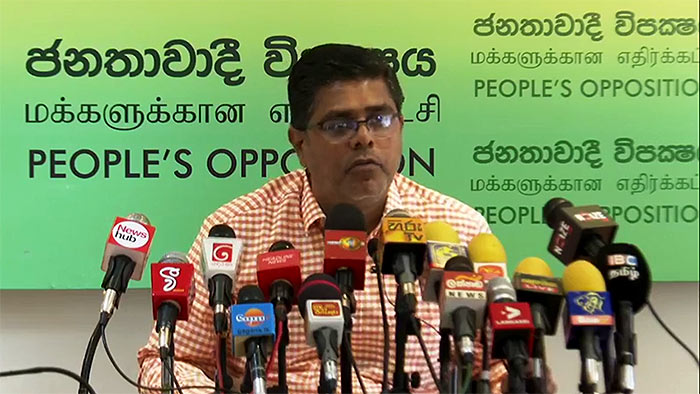

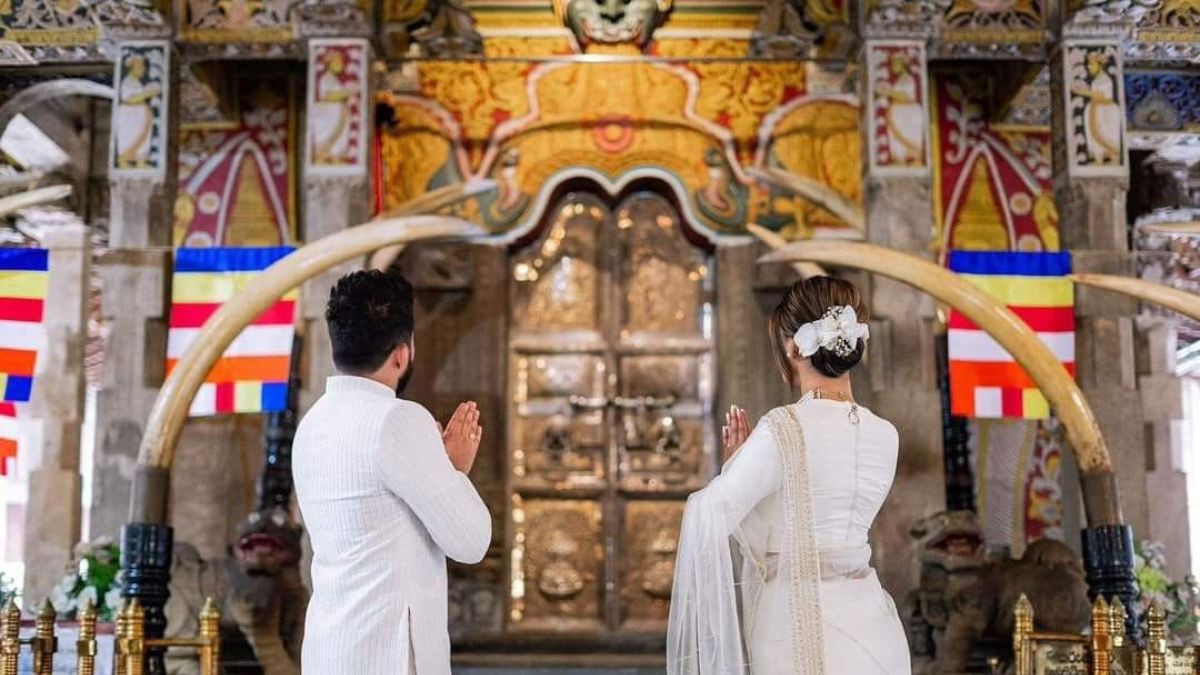

.jpg)
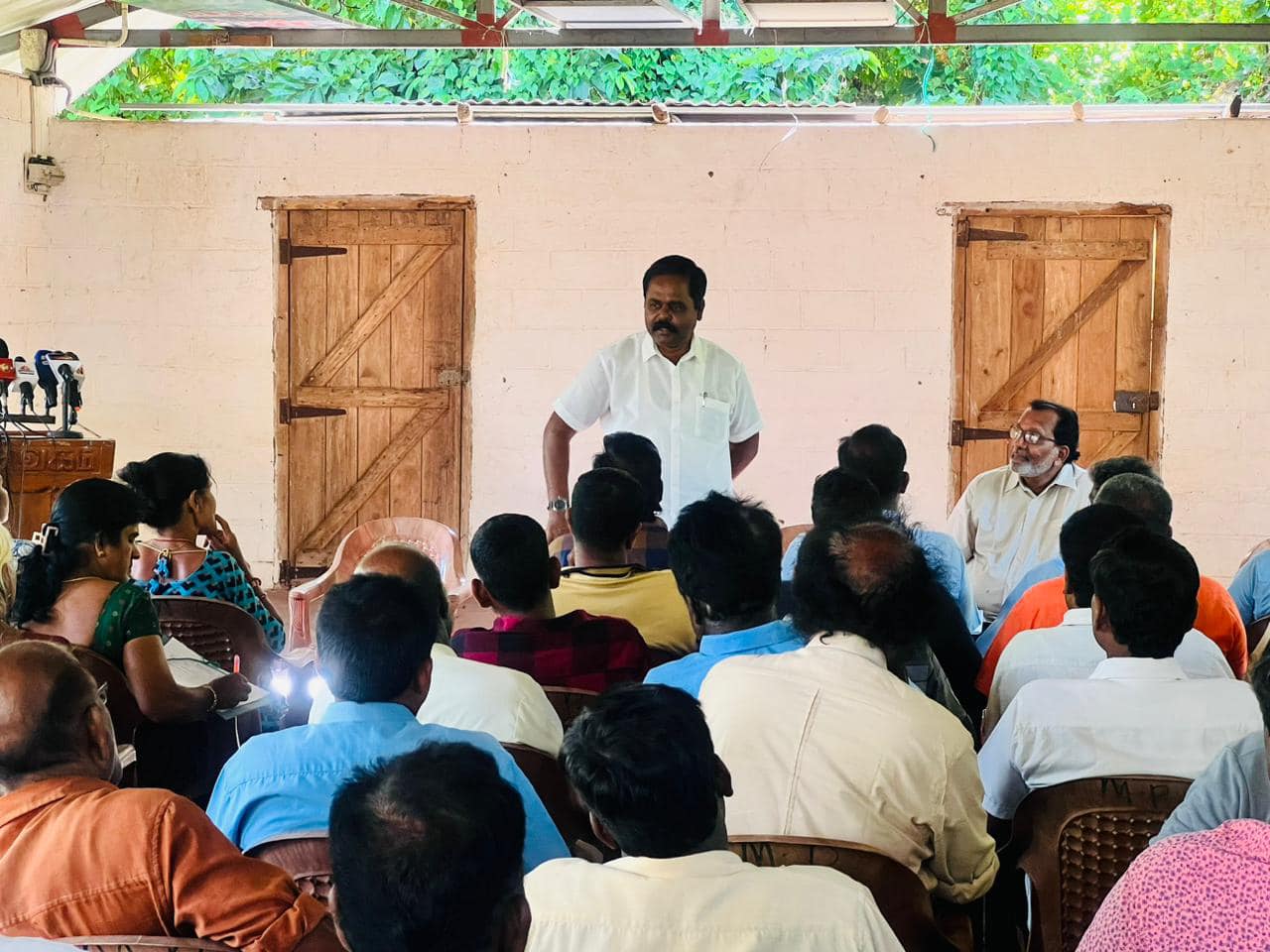
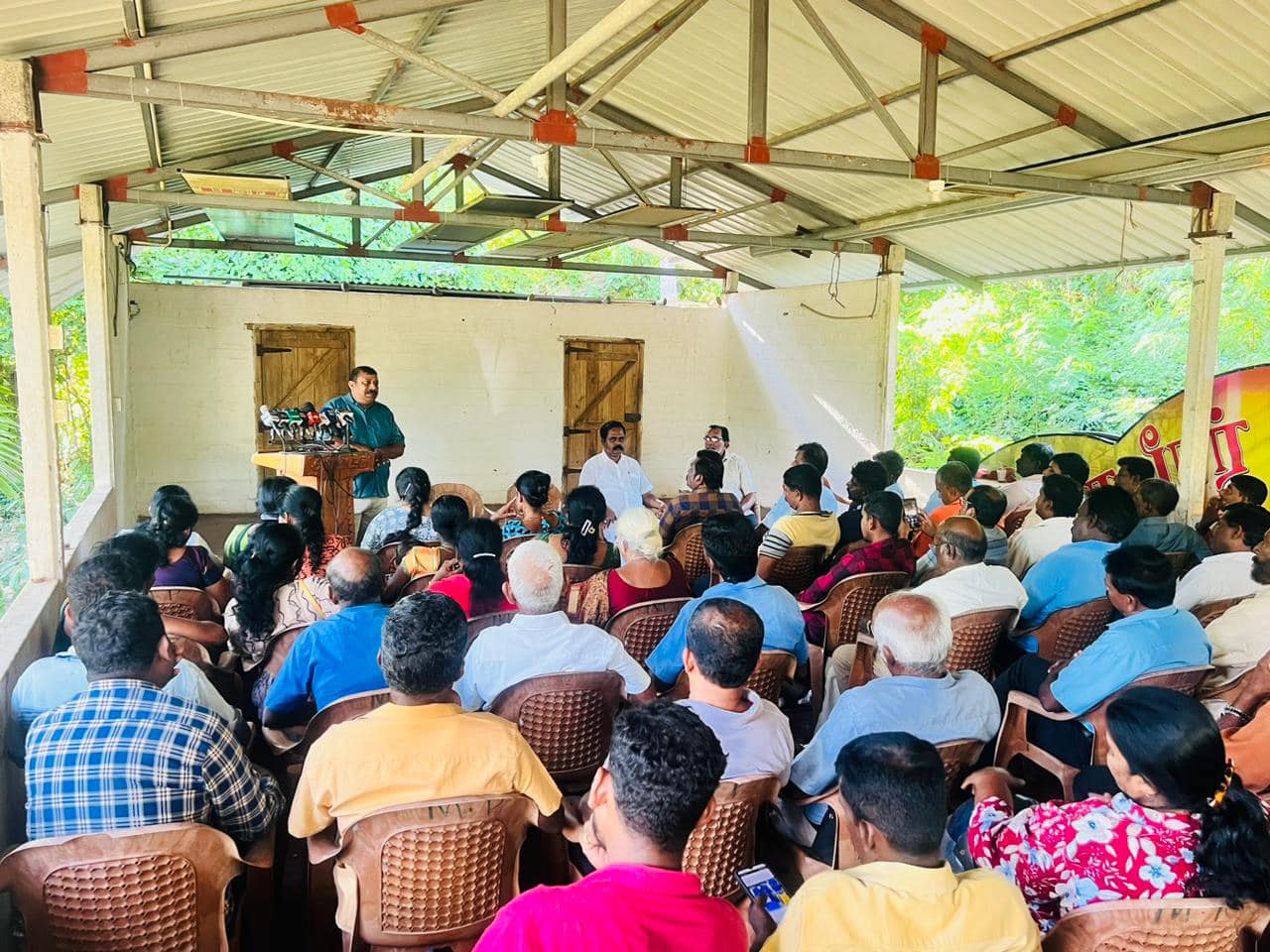
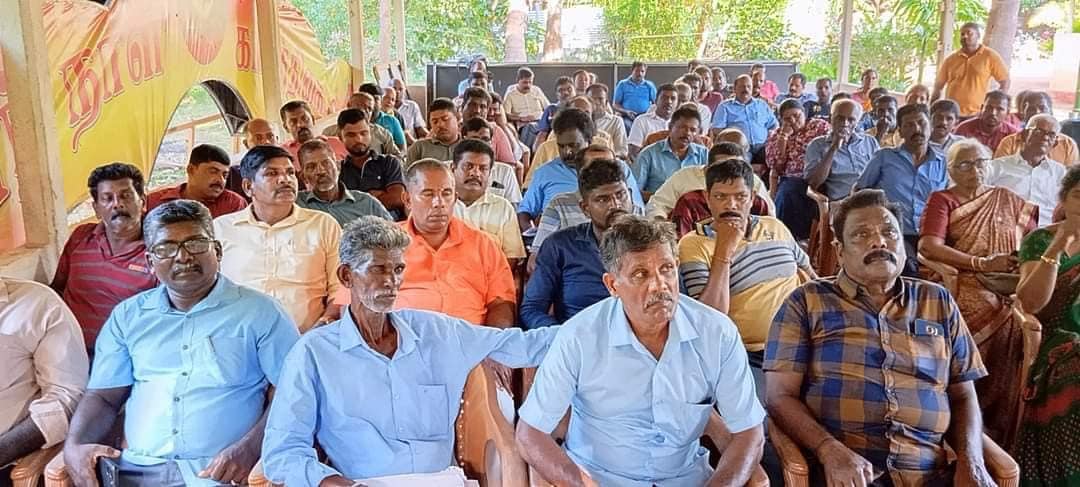



.jpeg)
.jpeg)
.jpeg) The massacre
The massacre